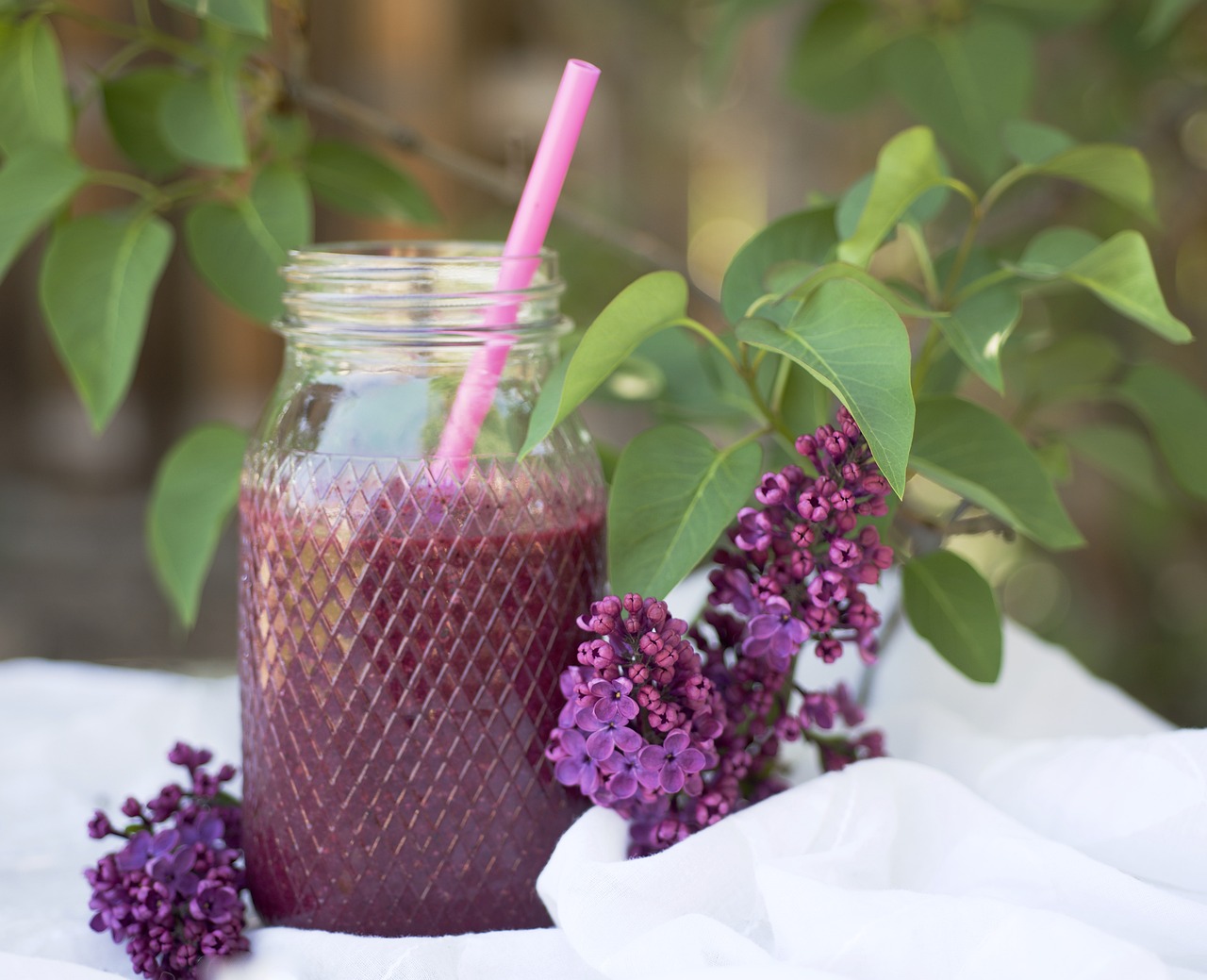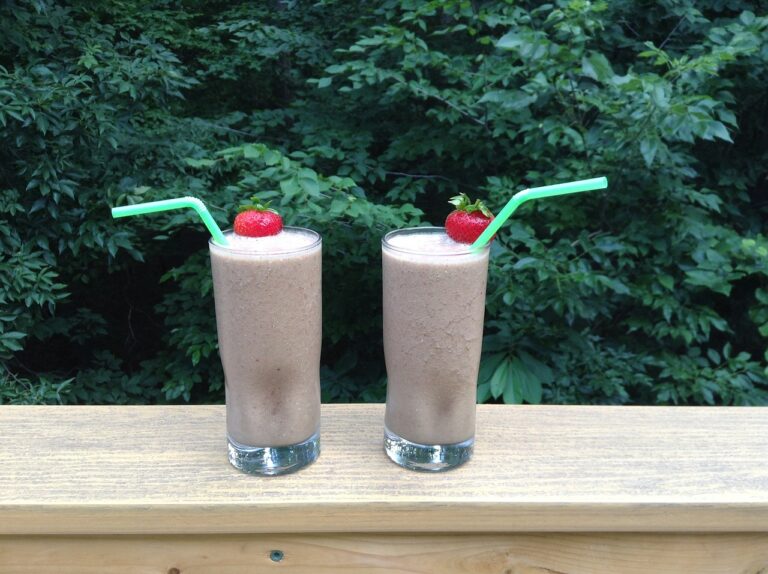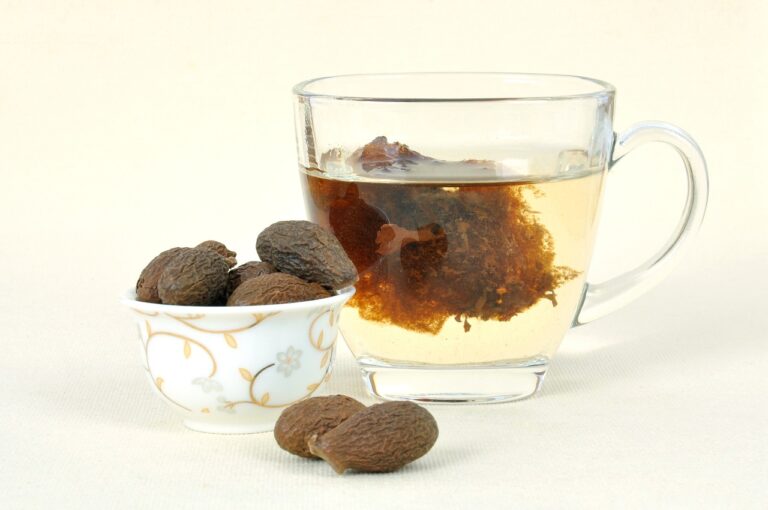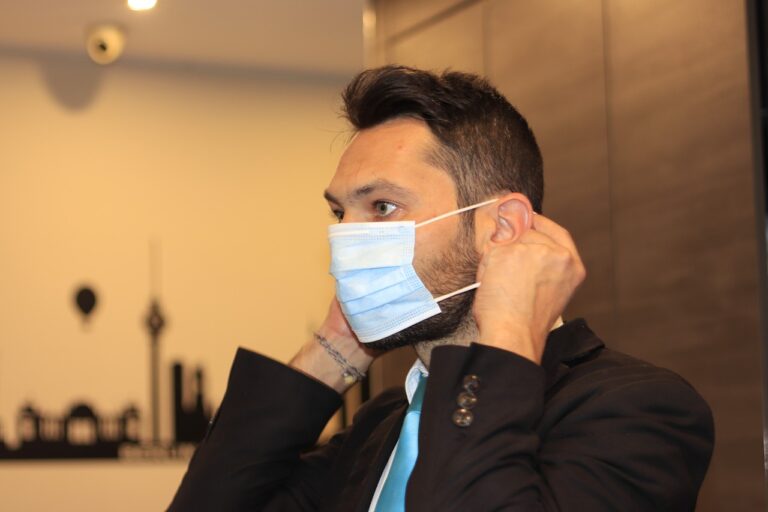The Influence of Social Media on Body Image Disturbance
Social media platforms have become an integral part of modern life, connecting people from all corners of the globe in ways never before imagined. With the rise of platforms such as Instagram, Facebook, and TikTok, individuals can easily share their lives with the world at the tap of a screen.
These platforms have not only revolutionized the way we communicate, but also the way we consume information, shaping our perceptions and influencing our behaviors. The accessibility of social media has enabled instant connectivity and real-time updates, creating a digital space where trends emerge and spread rapidly.
• Social media platforms have revolutionized communication by connecting people globally
• Platforms like Instagram, Facebook, and TikTok allow individuals to easily share their lives with others
• Social media has changed the way we consume information and influences our behaviors
• Instant connectivity and real-time updates on social media create a space for trends to emerge and spread quickly
Header: The Proliferation of Idealized Body Images
In today’s digital age, the proliferation of idealized body images is more prevalent than ever. Social media platforms have become a breeding ground for showcasing flawless appearances, often promoting unrealistic beauty standards. Influencers and celebrities flood our feeds with carefully curated photos, perpetuating the notion that perfection is the norm. As a result, many individuals feel pressure to conform to these unattainable ideals, leading to feelings of inadequacy and low self-esteem.
The constant exposure to airbrushed and digitally enhanced bodies has blurred the line between reality and fiction. Body positivity movements may strive to promote self-acceptance and diversity, but the allure of perfection remains a dominant force in the online realm. The bombardment of these idealized images can take a toll on mental health, as individuals may develop negative body image issues and disordered eating patterns in pursuit of an unattainable “perfect” physique.
Header: Comparison Culture and Unrealistic Standards
Comparison culture, fueled by the omnipresence of social media platforms, has given rise to the proliferation of unrealistic body image standards. Countless individuals across the globe are constantly bombarded with carefully curated images of flawless bodies, leading to feelings of inadequacy and self-doubt. The perpetuation of these idealized images not only distorts perceptions of beauty but also contributes to a culture of comparison where individuals judge themselves and others based on unattainable standards.
Social media platforms have played a pivotal role in shaping societal norms and perpetuating comparison culture. With the click of a button, individuals are exposed to an influx of images portraying unrealistic beauty ideals, creating a breeding ground for low self-esteem and body dissatisfaction. The constant exposure to these unattainable standards not only impacts individuals’ mental health but also cultivates a sense of competition and inadequacy among peers.
How has social media contributed to the rise of comparison culture and unrealistic standards?
Social media platforms often showcase curated and idealized versions of people’s lives, leading to comparison and feelings of inadequacy among users.
What are some examples of idealized body images that have proliferated on social media?
Examples include influencers promoting “perfect” bodies through filters, photoshop, and strategic posing, which can set unrealistic standards for body image.
How can individuals combat comparison culture and unrealistic standards promoted on social media?
It is important for individuals to practice self-awareness, limit social media usage, follow accounts that promote body positivity, and prioritize mental health and self-acceptance.
What are the potential negative impacts of constantly comparing oneself to others on social media?
Constant comparison can lead to low self-esteem, body image issues, anxiety, depression, and a distorted sense of reality. It can also perpetuate unhealthy competition and feelings of inadequacy.
Is it possible to use social media in a positive and healthy way?
Yes, by curating a feed that promotes diversity, authenticity, and self-love, individuals can use social media as a tool for inspiration, connection, and self-expression rather than comparison and self-criticism.







